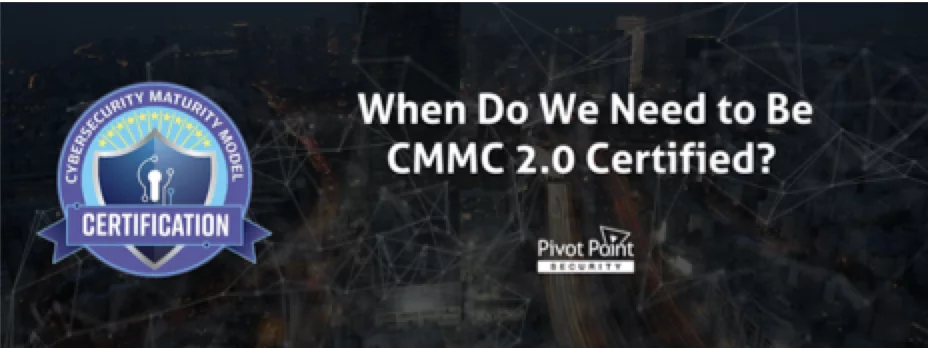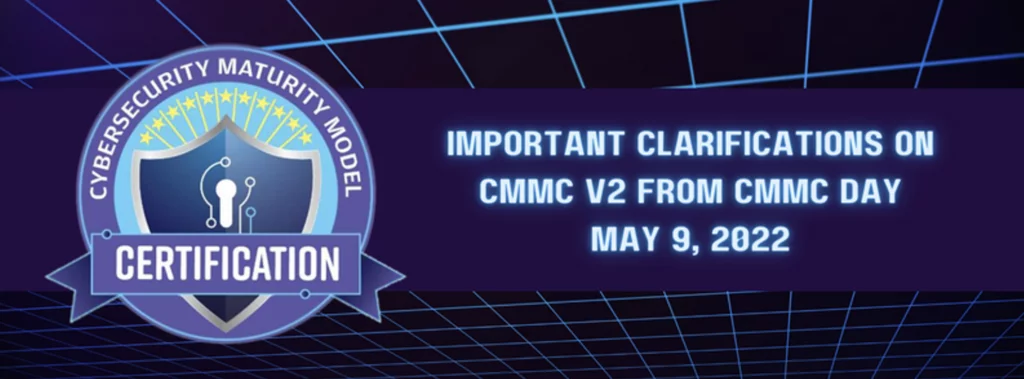Last Updated on January 30, 2025
We’re celebrating “Password Month” throughout April 2019 here on the Pivot Point Security blog. This is the first of 5 blogs counting down our Top Ten Tips for stronger password security. Let’s jump right in at #10!
All Passwords Are Not Created Equal
Some are woefully predictable and easy to guess, leaving your critical data exposed for the taking. The most common passwords include things like:
- Names of human and nonhuman family members
- Names of famous people, popular sports teams, top music groups, etc.
- Simple, adjacent keyboard combinations, like QWERTY or 09876
- Any word found in the dictionary, as password cracking technology frequently makes use of “dictionary attacks” to guess passwords
- Your birth date or birth year, anniversary date or another easily guessable date
- Any of the most commonly used passwords (e.g., “letmein,” “football,” “princess” or “mypassword”)
- Any word or character string that people who know you (or who have researched you) could potentially guess
- Any of the above with “123” tacked on the end (using capital letters at the beginning of a password and digits at the end is commonplace and thus predictable)
Interestingly, research shows that people can guess the passwords of friends and family in about 40% of cases. Guessing short tablet and phone passcodes is even easier. In other words, many of us are wide open to even casual snooping, let alone the financially motivated efforts of experienced cybercriminals.
If your passwords even remotely resemble one of these easily guessable, totally unsafe passwords, STOP READING THIS BLOG POST and go change your password(s) to something a lot less predictable… NOW.
Password Strength Checker
Want to check how long it would take a hacker to steal your password using brute force methods on an average home computer? Visit this free site maintained by security software provider Kaspersky Lab. Many weak passwords can be cracked in minutes—or even milliseconds.
Learn More About Password Security
Passwords are often all that stands between your sensitive data (or your company’s) and hordes of hackers seeking to steal it. Using weak, easily guessable and/or compromised passwords makes you extremely vulnerable to being hacked. Understanding what makes a password predictable—or not—is an essential first step to staying safe in cyberspace.
April 2019 is “Password Month” here at Pivot Point Security, and this blog post is one of several we’ll share that will offer our Top 10 Tips on how to get your password security into high gear. Stay tuned!
Access All Our Top 10 Password Tips:
- Share accounts, not passwords
- If you must share a password, do it securely
- Store passwords securely
- Use two-factor authentication when risk warrants it
- Ensure password resets are as secure as possible
- Change all default passwords immediately
- Your email password needs to be a “strong unicorn”
- Don’t reuse passwords
- Make passwords as strong as they need to be
- Avoid easily guessable passwords





















